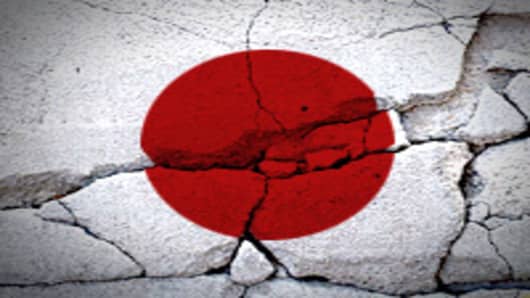The yen was a star in 2011, but this strategist thinks the party is over.
With a positive balance of payments and low global interest rates, the Japanese yen was the top major risk-off currency in 2011 - but what a difference an economic report makes.
Japan has announced it ran a trade deficit in 2011, and now that they have shut down nuclear facilities, their need to import energy will likely keep that going, says Andrew Busch, global currency and public policy strategist for BMO Capital. On top of that, the Bank of Japan has indicated it wants to invest overseas - which means buying foreign currencies - and Japan's debt to GDP ratio is 200 percent, he says.
"It's like Europe on steroids," Busch told CNBC's Melissa Lee. "These three things are going to make it negative, and I think by the midyear we're really going to see quite a bit of action against the yen."
Busch wants to buy dollars and sell the yen. He would enter the trade at 76.40 with a stop at 74.90 and a target of 81.45. "It's playing the range, but it's also trying to take advantage of the changing dynamics for 2012."
Brian Kelly of Shelter Harbor Capital likes the trade. "If you want to have one currency trade that you put on and close your eyes, shorting the yen is the one to do it."



